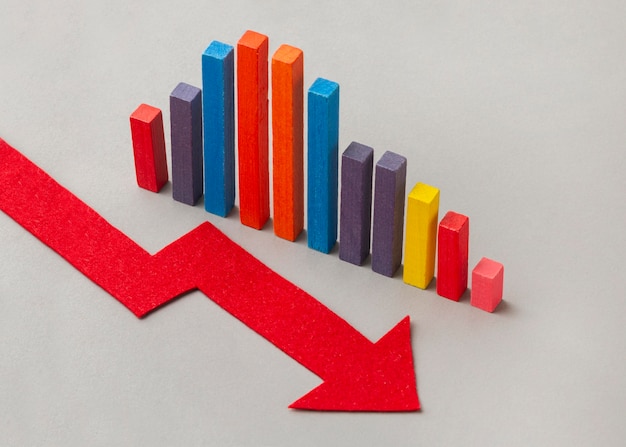
The possibility of a “default” in the U.S. or most corporations is low, but the potential for devaluation is high. As interest rates increase, bond values decrease. If you possess a bond until its term ends and your debt is repaid by the corporation or municipality, there’s no problem. However, if you need to sell the bond to cover expenses, it may be sold for less than the acquisition cost. In some instances, you may not be able to sell it at all, since buyers might prefer bonds yielding higher interest. The value of bond funds also decreases when interest rates rise.
Commonly, rises in interest rates are thought to only occur when the Federal Reserve hikes the rates. Considering the Fed’s claims that “exceptionally low levels for the federal funds rate” will likely exist for a long period, bond investors might feel overly secure in their bonds and bond funds. Yet, the danger of a downgrade introduces a current risk of interest rates.
A downgrade of the U.S. from AAA to AA could cause significant repercussions. This would affect any corporation, municipality or Non-Government Entity (NGE) reliant on the U.S. government for part of its revenue. According to Sovereign Debt team members Beers, Bovino and Moulton from Standard & Poor’s, this won’t impact the banks and broker-dealers immediately, but numerous ‘AAA’ rated institutions and groups would see downgrades corresponding to the U.S. sovereign rating.
Four corporations based in the U.S. retain AAA ratings and will remain unaffected by a U.S. downgrade, as per Standard and Poor’s. These include Automatic Data Processing, Exxon-Mobil, Johnson & Johnson and Microsoft. However, the Army & Air Force Exchange Service, Marine Corps Community Services, and Navy Exchange Service Command would face a downgrade, which could influence corporations supplying these entities.
Most individuals presume that the debt ceiling will increase and no defaults will occur on any bills. But if this doesn’t happen, a substantial systemic crisis will ensue that’d be challenging to recover from. According to Standard and Poor’s Credit Analysts John J. Bilardello, Ronald M. Barone, and David Tesher, such a shock could considerably hamper corporate operational efficacy and free cash flow. Coupled with a halt in debt markets, this would likely impact corporate liquidity and ratings stability drastically. This potential scenario should motivate anyone to contact their Congressional leaders demanding for the budget savings to exceed $4 trillion in the next decade!
Image Source: militantlibertarian.org


